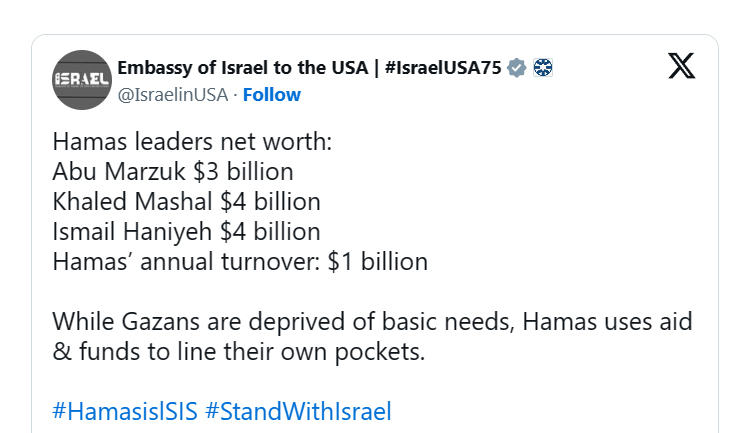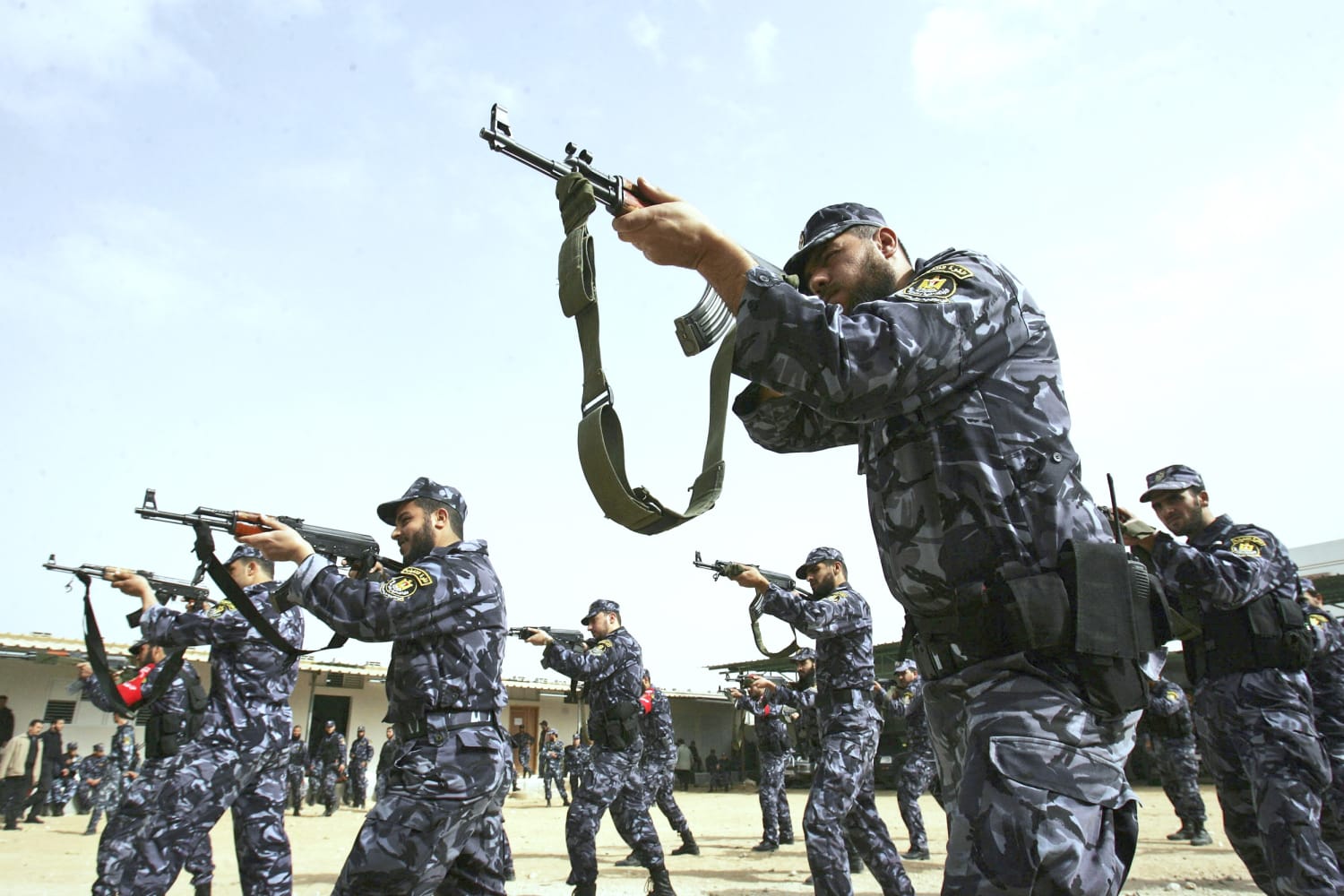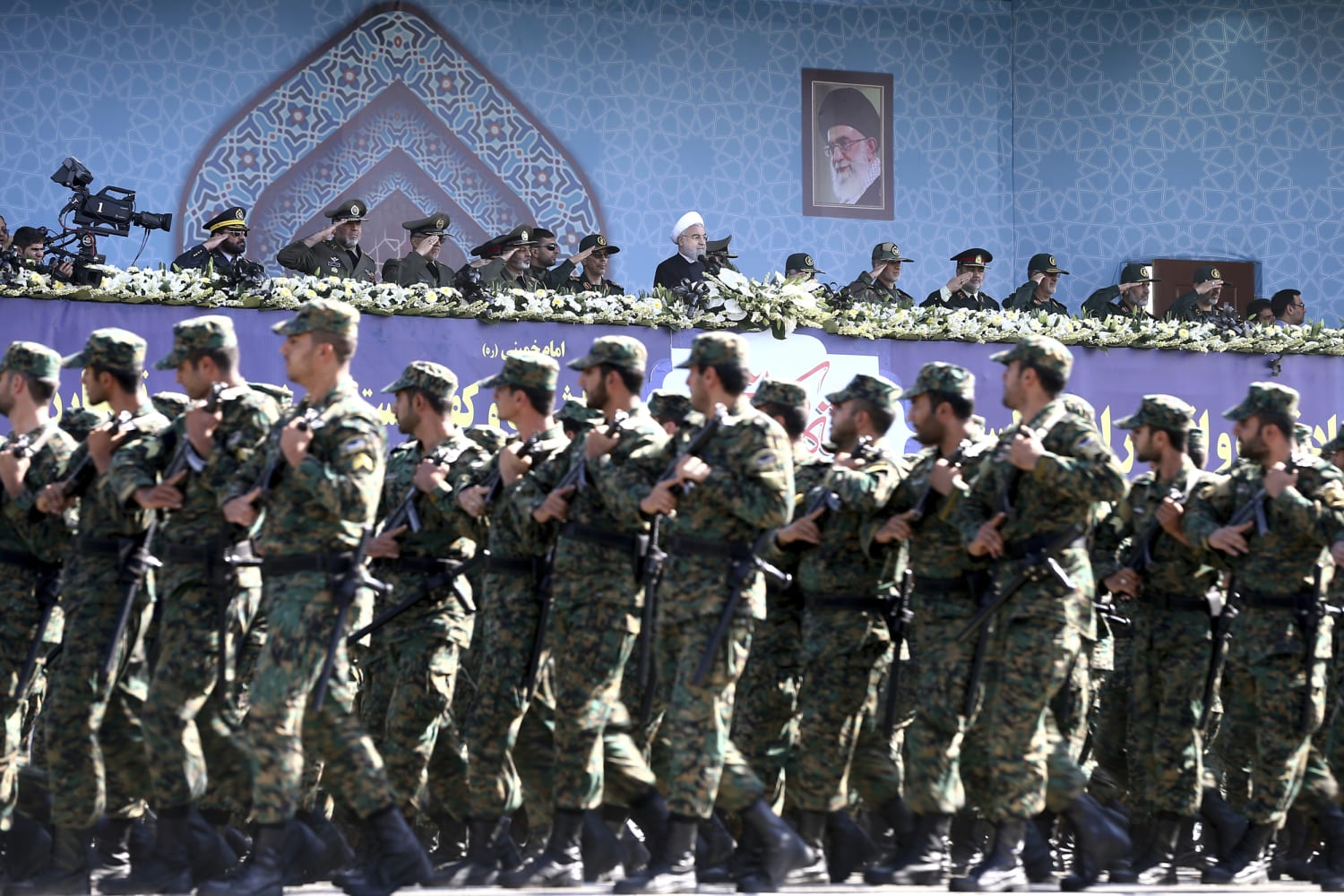King Kreole
natural blondie like goku
The Israeli embassy to United States, truly the paragon of impartiality and truth
'Somebody' did.

The Israeli embassy to United States, truly the paragon of impartiality and truth
'Somebody' did.

The Israeli embassy to United States, truly the paragon of impartiality and truth

Imagine you’re a citrus farmer. You have spent months making sure your orange trees get just the right amount of water and nutrients. You have harvested your oranges, packed them carefully into crates and sent them off to be shipped abroad. But instead of reaching international markets, your oranges are held up by authorities unaccountable to you for seemingly arbitrary “security inspections.” Days, sometimes weeks, pass as your crates sit in the blazing sun, their contents wasting away. By the time the oranges pass the checkpoints, they are rotten and unsellable.
This was life for Palestinian citrus farmers for decades under Israel’s occupation. And their story proves one thing: Israel is and has always been the biggest obstacle to Gaza’s prosperity.
You might not believe it now, but Gaza was once lush with citrus orchards. For hundreds of years, Palestinian farmers tended to expansive orange and lemon groves. By the early 1900s, citrus was the region’s main export, including the famous Jaffa oranges, named after the coastal city just north of Gaza. The industry survived the violent upheaval of 1948, and Palestinian citrus farmers got a boost when Egyptian authorities, then in control, declared the Gaza port a free-trade zone, opening further access to European markets. By the 1960s, citrus was an economic backbone for the region, employing more than 30 percent of Gaza’s workers.
But everything began to change after Israel seized control in 1967. Israel refused to rebuild Gaza’s destroyed port, blocked trade to and through Egypt, and redirected citrus and other produce through Israel. Israeli authorities made life increasingly difficult for Palestinian farmers. Export restrictions deprived them of access to lucrative European markets, limiting them to Asia and the Middle East. These trade barriers — along with rising fuel and fertilizer costs and Israeli restrictions on water usage — undermined Gaza’s citrus industry. Total output, which was around 256,000 tons in 1976, dropped to 190,000 tons by 1983.
And that was just the beginning.
Over the decades that followed, Israeli soldiers and settlers bulldozed, torched and poisoned thousands of acres of citrus groves across Gaza. During the 1980s and ’90s, Israel claimed it was necessary to uproot and destroy citrus groves so they could not be used to shelter Palestinian resistance fighters.
Gaza’s orchards survived repeated onslaughts of Israeli soldiers and settlers, but it was Israel’s suffocating “security checks” that dealt the final blow to the industry. Today, orange and lemon trees no longer dot the countryside. An industry that could have served as a bedrock for Gaza’s economic development lies in tatters.
Israel’s campaign to sour Gaza’s citrus trade became a template for the decimation of countless other exports. In 2021, Israeli authorities required farmers in Gaza to remove the leafy green pedicels from their tomatoes before passing them through Israeli checkpoints to be sold in the West Bank. Without their pedicels, tomatoes spoil faster. After days of relentless Israeli security inspections, the produce would end up, like the oranges, rotten and unsellable.
When Israeli soldiers and settlers pulled out of Gaza in 2005, nearly four decades after seizing the territory, they framed it as an end to direct military occupation. Israelis often say this was Gaza’s opportunity to reach its full potential — that Palestinians could have turned Gaza into an economic powerhouse, a “Singapore of the Middle East.”
But the reality is that Israel’s occupation never ended; it only evolved. The difference was that Israeli settlers and soldiers were now redeployed around Gaza to control it from the outside. Restrictions on the movement of people and goods — already a fact of everyday life for Palestinians in Gaza — were tightened. When Hamas rose to power in 2007, those restrictions grew into a full blockade, turning the Gaza Strip into what has long been described as the world’s largest open-air prison. It served as a cautionary tale, a lesson to other Palestinians that they must acquiesce to perpetual Israeli domination or face Gaza’s fate.
Palestinian farmers in Gaza did their part. They played by the rules, cultivating their crops in the face of Israeli land encroachment and arbitrary export restrictions. They even switched to crops such as strawberries and tomatoes, which don’t grow on trees and thus could not be accused of providing cover for resistance fighters. Palestinians tried to make something out of the conditions under which Israel forced them to live, only to be obstructed by their occupiers at every turn.
Gaza’s citrus and tomato industries are just two casualties of Israel’s efforts to dominate Palestinians or to create the necessary conditions to force them out entirely. In 2008, Israeli officials said that they “intend to keep the Gazan economy on the brink of collapse without quite pushing it over the edge.” Israel’s current assault on Gaza is but an accelerated version of a process that has been ongoing for decades.
Gaza’s plight is not the result of failed aspirations or a lack of effort on the part of its people. It is a direct consequence of Israel’s relentless project of subjugation. That is why conversations about the “day after” must recognize that there can be no future while Israeli occupation persists.
If Israel had truly wanted Palestinians to turn Gaza into a thriving economic hub, it would at least have let them export oranges.
Anyone claiming that Gaza could have become the Singapore of the Middle East is completely full of shyt.
Again, I must ask you, are you even reading the posts you're responding to?Anyone claiming otherwise is just ignoring the 6-Day War in '67 & the Yom Kippur War in '73, so, again, if they had worked on economic development instead of trying to kill the Jews they'd be in a lot better position than Singapore.
Again, I must ask you, are you even reading the posts you're responding to?
Source is Embassy of Israel.
'Somebody' did.

Source is Embassy of Israel.
Because terrorists are much better sources of accurate information.....

Gaza is plagued by poverty, but Hamas has no shortage of cash. Where does it come from?
Hamas has an investment portfolio of real estate and other assets worth $500 million, say experts, and an annual military budget of as much as $350 million.www.nbcnews.com


That dude must be one of those paid AIPAC people the way he’s posting and look who is co-signing him.Source is Embassy of Israel.
You are so bad at your job. You have got to be the absolute worst propagandist in the history of propaganda. @Toussaint come get your boy.